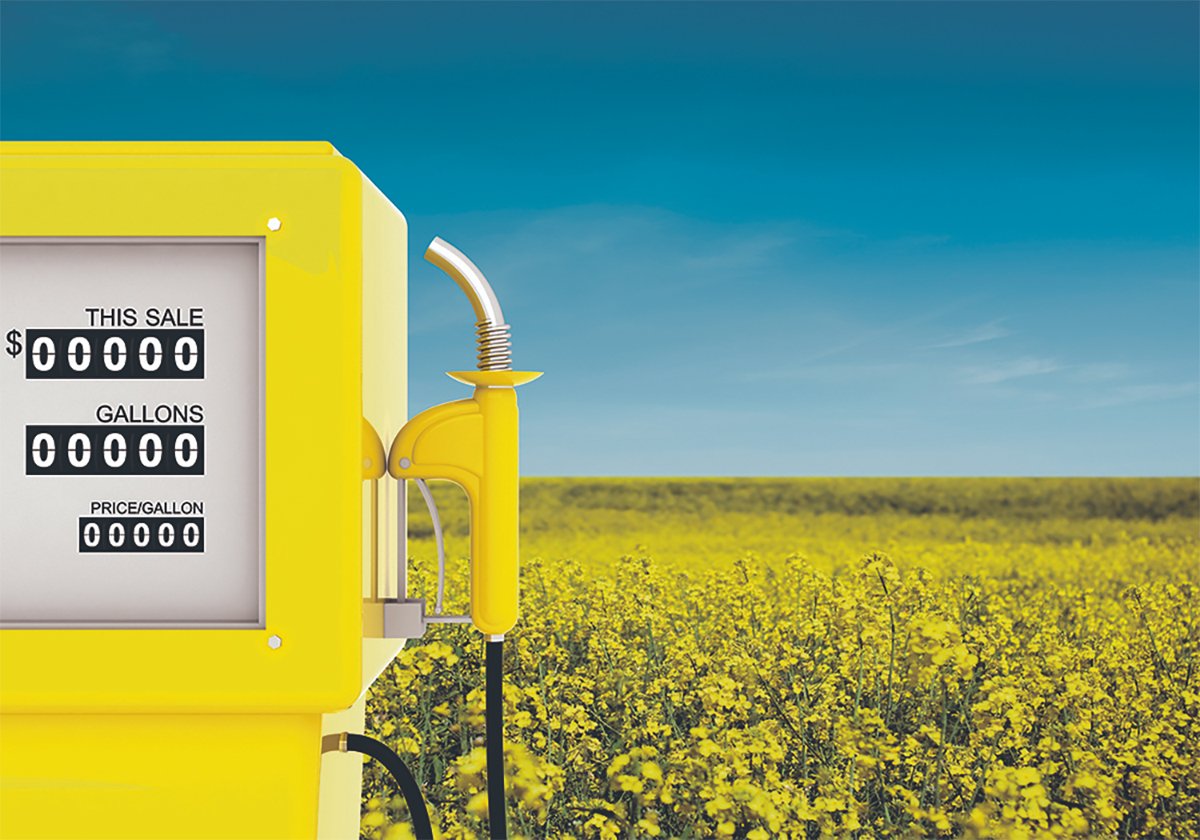New European oilseed crushers may soon set up shop in Canada, says the president of the Canola Council of Canada.
And even if all of today’s tentative plans don’t come to fruition, there’s little doubt that something big is going to happen.
“If there are five or six plans (for new canola crushing plants) on the drawing board, we might see one or two of them (be built),” said Barb Isman, who has spoken with a number of prospective new crushing companies. “We are likely to see some new entrants, which would be totally new capacity, not expansion of existing capacity.”
Read Also

Biofuel sector happy with federal budget
Advanced Biofuels Canada says new Biofuel Production Incentive is a lifeline until CFR amendments are in place.
If one or two new plants go ahead, that would mean an increase of 2,000 to 3,000 tonnes per day of new crushing capacity in Canada dedicated to the European biodiesel industry, Isman said.
The Canadian crushing industry was already stirring. The Associated Protein plant in Ste. Agathe, Man., came on stream last year, Canbra has expanded its plant at Lethbridge, Alta., and Bunge has announced its plant at Nipawin, Sask., will expand.
Instead of being an industry stumbling and struggling with massive overcapacity and big financial losses, canola crushing could once more become a sustainable, profitable and growing business in Canada.
Only a few years ago droughts and other problems left the Prairies short of canola. With the crop surging at times to $9 or $10 per bushel, it was difficult for crushers to find enough supply and almost impossible to make money. Crushing companies cancelled plans to expand and openly suggested the industry could die if more canola was not produced to feed it.
“If you were running at 60 percent capacity and losing a bazillion dollars, would you look at expanding?” said Isman.
But in the past year and a half the industry’s fortunes have dramatically reversed, with big jumps in production and huge demand for canola oil, driven especially by European biodiesel demand. Unfortunately, the new demand rose higher than the crushers’ idled capacity, meaning they have not been able to supply as much oil as their newfound profit margins would suggest they should.
As well, European biodiesel makers have been buying canola from around the world as demand for their product surges. Canadian canola has been exported to destinations such as the Persian Gulf, where it is crushed and the oil exported to Europe. Canadian oil has also been exported directly to Europe this year.
Isman said little further domestic crusher expansion of existing facilities is likely to occur until Ottawa sets out a biodiesel policy that will reveal whether there will be new demand for canola oil on this side of the border.
However, various European plans to crush seed in Canada and send the oil to Europe appear likely to go ahead regardless because they do not rely on domestic Canadian policy.
Isman said the reversal of fortune for the crushing industry is startling.
“Biodiesel has changed the oilseed world and it hasn’t even started yet,” she said. “You start to see one of those paradigm shifts and actually have one of them occur.”















